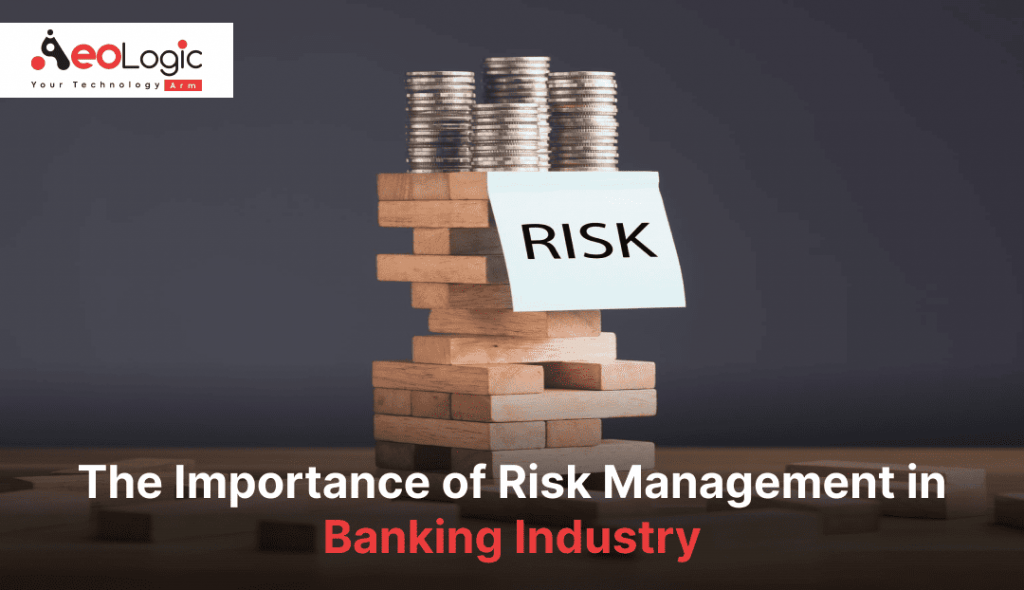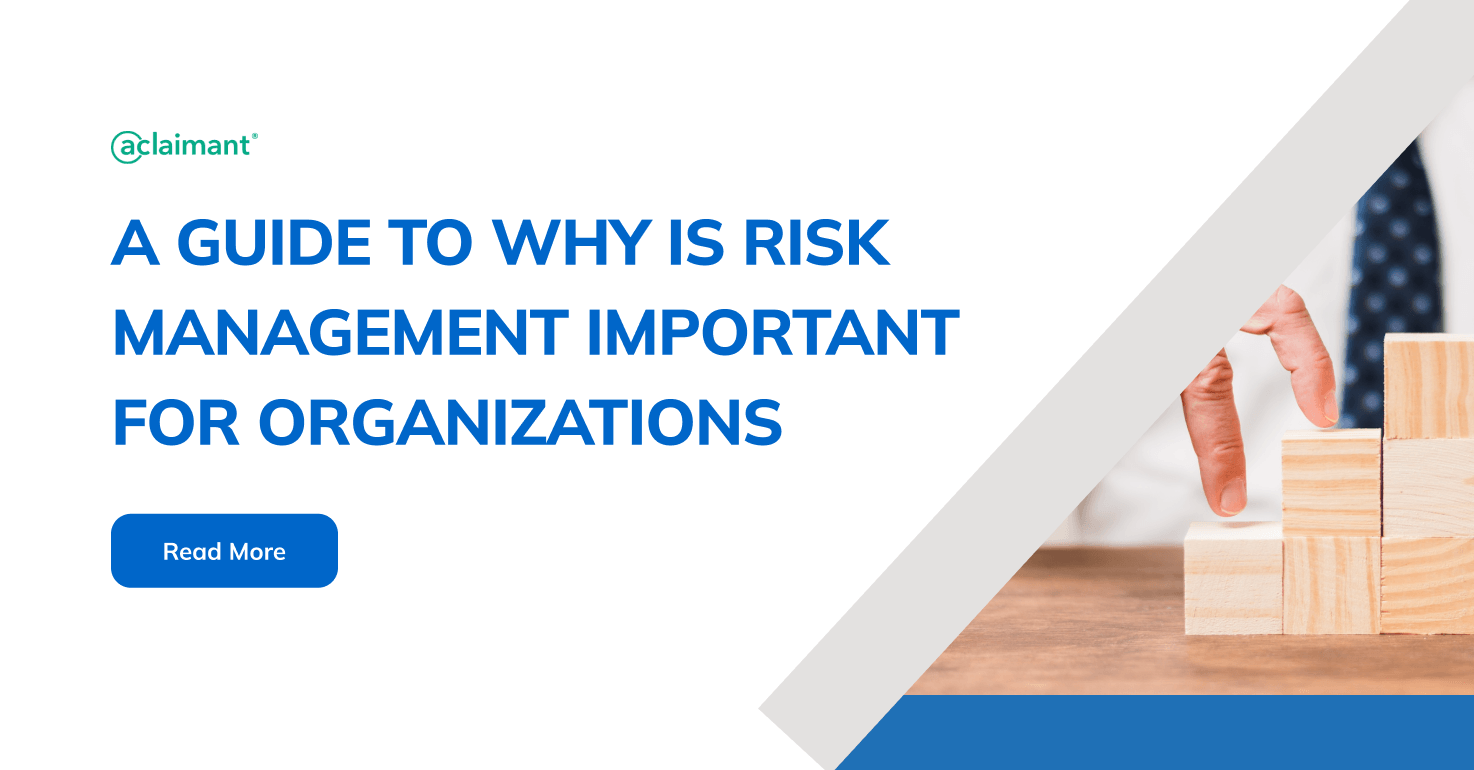The Importance and Importance of Risk Management in Ensuring Corporate Continuity
The Importance and Importance of Risk Management in Ensuring Corporate Continuity
Blog Article
The Critical Relevance of Risk Management in Getting Organizational Goals
In the swiftly developing company landscape, the capability to navigate uncertainty has become an imperative. This is where Risk Management steps in, offering a structured technique to determining, examining, and mitigating prospective barricades to proceed. It's even more than just a safety measure - it's a calculated tool, promoting strength and technology. As we discover the important duty of Risk Management in accomplishing business objectives, one can't question yet help: exactly how does this convert right into real-world success?
Understanding the Principle of Risk Management in Company

The Essential Role of Risk Management in Strategic Preparation
Integrating Risk Management right into critical planning acts as a secure for organizations, anchoring their long-lasting strategies with a strong structure of readiness and strength. Risk Management supplies a framework for expecting unpredictabilities and developing ideal responses, ensuring the organization's survival and success also in the face of adversity. By integrating Risk Management into critical planning, companies can change these unpredictabilities into opportunities for development and advancement.

Strategies for Identifying, Assessing, and Focusing On Dangers
Navigating the complex landscape of threats calls for the application of certain methods for their recognition, prioritization, and analysis. The process begins with Risk recognition, employing devices such as SWOT evaluation, which assists in determining prospective hazards and chances. Next off, Risk analysis is conducted to identify the potential influence and possibility of each Risk. Tools such as Risk matrices and impact-probability charts are utilized for this. Threats are focused on based on their possible impact and chance, allowing companies to focus their resources on critical threats. This systematic technique makes sure a detailed understanding of the Risk landscape, enabling companies to make informed decisions and properly manage threats to accomplish their objectives - importance of risk management.
Safeguarding Business Operations Via Reliable Risk Management
In the business landscape laden with unpredictabilities, reliable Risk Management plays an essential duty in guarding business operations. It functions as a safety shield, alleviating the negative impacts of potential risks and making sure the smooth functioning of all procedures. By identifying and analyzing potential threats, Risk Management allows organizations to establish durable contingency plans. This preventative approach aids in maintaining operational security, also when challenged with unanticipated situations. Basically, Risk Management is the lifeline that maintains the business operations afloat among rough waters. It makes sure not just the survival yet the lasting growth of a company, making it a crucial tool read the full info here in attaining business objectives. Organizations should invest in extensive Risk Management methods to secure their operations.

Converting Prospective Hazards to Opportunities: The Power of Risk Management
A positive approach to take the chance of Management entails identifying, examining, and prioritizing dangers to create methods that transform them into prospective benefits. Thus, by leveraging the power of Risk Management, organizations can not only safeguard their procedures yet also spur development and accomplish their objectives in an unforeseeable service setting.
Situation Studies: Success Stories of Risk Management Driving Organization Objectives
Successful application of Risk Management techniques has actually generated impressive cause numerous organizations, emphasizing the merits of this approach. International firms like Microsoft and Google, for example, have actually leveraged Risk Management to minimize dangers and exploit possibilities, driving their organization goals ahead. Microsoft's proactive Risk Management technique have a peek at these guys assisted it pivot quickly throughout the 2020 pandemic, transitioning to remote job efficiently, thus preserving productivity. Google, by assessing and minimizing possible threats in its cloud-based solutions, has ensured undisturbed solution, consequently strengthening consumer count on. These examples illustrate just how successful Risk Management can not just guide services free from prospective pitfalls however likewise lead them in the direction of their critical purposes. Therefore, Risk Management is indispensable to the search of business objectives.
Conclusion
To conclude, see this here Risk Management is fundamentally important in accomplishing organizational goals. It offers an organized technique to recognizing, evaluating, and dealing with prospective hazards and opportunities. Greater than just mitigating dangers, it additionally cultivates development, durability, and lasting growth. By integrating Risk Management into calculated preparation, organizations can better browse unpredictabilities, guard operations, and capitalise on possibilities, thereby lining up with lasting objectives.
At its core, Risk Management is the process of identifying, analyzing, and attending to potential hazards that can negatively affect a company's goals or procedures. Next off, Risk analysis is carried out to determine the potential influence and chance of each Risk. Risks are prioritized based on their prospective impact and probability, permitting companies to focus their resources on high-priority risks. By identifying and evaluating prospective hazards, Risk Management makes it possible for companies to establish robust contingency strategies. An aggressive technique to take the chance of Management involves identifying, analyzing, and focusing on risks to devise approaches that transform them into possible advantages.
Report this page